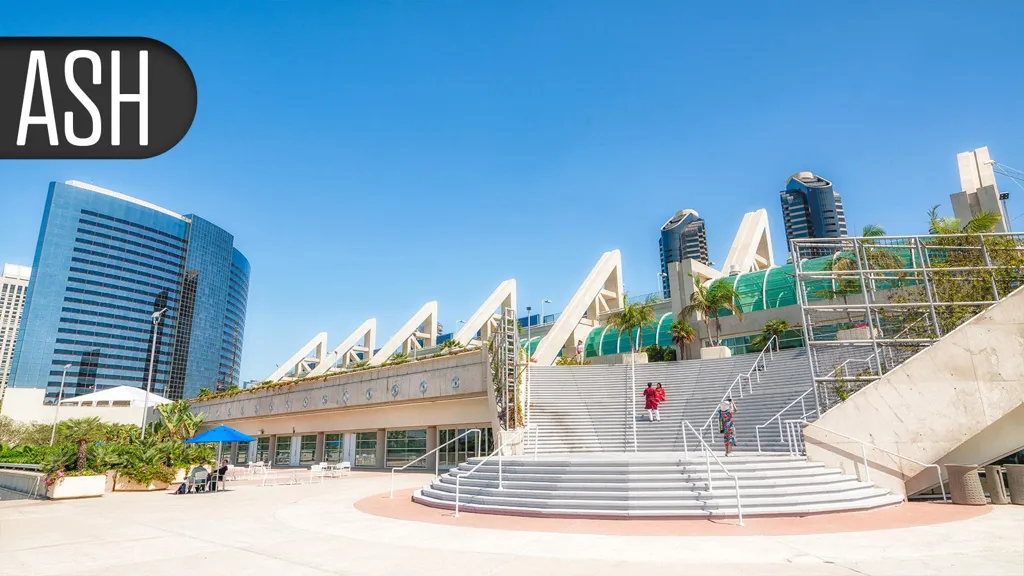SAN DIEGO -- Single-agent epcoritamab (Epkinly) achieved encouraging response rates in patients with heavily-pretreated chronic lymphocytic leukemia (CLL), according to early results from a phase I trial.
The overall response rate (ORR) was 67% among 21 of 23 evaluable patients treated with the CD3 x CD20 bispecific antibody in an expansion cohort of the EPCORE CLL-1 trial. Complete responses (CRs) were seen in 43%. The median follow-up was 22.8 months, reported Alexey Danilov, MD, PhD, of City of Hope National Medical Center in Duarte, California.
"It is also important to note that the majority of patients in this study had a Tp53 aberration, which is difficult to treat CLL, and is associated with low responses to conventional therapies, including immunotherapy in particular," Danilov said during a press briefing at the American Society of Hematology annual meeting. "In this group of patients, responses were still well preserved, with an ORR of 67% and a CR rate of 33%."
Additionally, he pointed out that among 19 double-exposed patients -- patients previously treated with both BTK and BCL-2 inhibitors -- the ORR was 53%, with CRs seen in 37%.
The median time to response was 2.0 months, with a median time to CR of 5.6 months. The estimated 12-month progression-free survival (PFS) was 52% (95% CI 27-72), with a median PFS of 12.8 months (95% CI 5.4-17.1). Overall survival (OS) at 12 months was 70%, and median OS was not reached (95% CI 8.6-not reached).
Among twelve responders evaluable for minimal residual disease (MRD) by next-generation sequencing in peripheral blood, seventy-five percent had undetectable MRD at the standard cutoff including seven out of seven with CR and two out five with partial response.
A second group of seventeen patients in an optimization cohort had limited follow-up so far but responses have been observed in six out ten evaluable participants as per Danilov's report.
Regarding future prospects Jennifer R Brown MD Ph.D., stated: "We still have plenty who need more therapy after going through BTK inhibitors & venetoclax [Venclexta]. Bispecific antibodies are particularly exciting... they lagged behind yet seeing epcoritamab gaining traction is promising... potentially playing roles even earlier lines."
"Seismic shifts occurred within CLL landscape ousting chemoimmunotherapy favoring targeted agents like BCL-2 inhibitor venetoclax alongside BTK inhibitors," noted Danilov cautioning those progressing remain unmet clinical needs.
The data presented involve first forty enrolled under EPCORE CLL-one trial comprising twenty-three receiving three increasing doses while another seventeen formed optimization cohort getting four dose increments respectively aged seventy-two versus sixty-eight predominantly male across cohorts having undergone multiple prior therapies mostly exceeding four lines each all previously exposed either BTK/BCL2 treatments alike
Safety-wise nearly all experienced cytokine release syndrome CRS within expansion notable grade two-four occurrences alleviated optimizing measures reducing incidences significantly upon stepping up dosage dexamethasone hydration effectively minimizing risks further immune effector cell-associated neurotoxicity ICANS only affected few initially none subsequently
Epcoritamab currently holds FDA approval concerning adults pre-treated relapsed refractory diffuse large b-cell lymphoma follicular lymphoma cases
